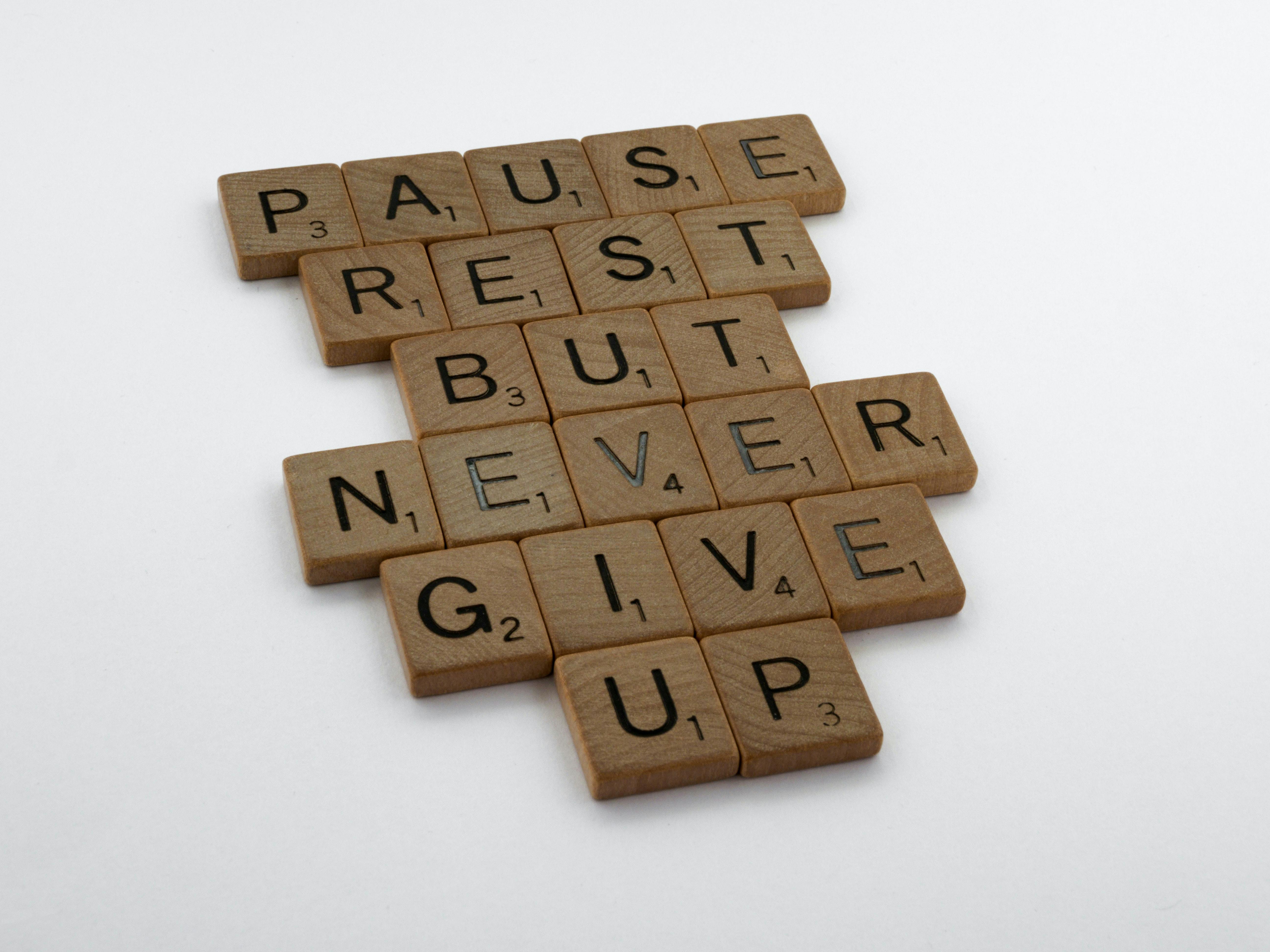
Photo by Aaron Burden on Unsplash
Unblock Your Creativity : Overcoming Writer’s Block with Practical Tips and Strategies.
Writer's block is a common phenomenon that many writers face at some point in their careers. Writer’s block is the feeling of getting stuck when writing. It can be frustrating and even debilitating, making it difficult to produce new ideas or complete existing projects.
You are sitting at your desk, waiting for the words to come but they do not. You may know how your articles are going to end but you have no idea how to get there.
In this article, we will explore some effective strategies for overcoming writer's block and unlocking your creativity.
From identifying the root cause of your block to adopting new habits and techniques to get your creative juices flowing, this article offers practical tips that you can use to overcome writer's block and start writing again.
Whether you're a seasoned writer or just starting, these strategies can help you break through your creative blocks and unleash your full potential.
Writer's block can be categorized into three different categories which are:
Don't like to write
Don’t know what to write
Don't know how to write
Don't like to write

This could be from negative emotions that come from writing. The emotions could either be
anxiety
fear of rejection
fear of not meeting expectations
fear of criticism
Perfectionism
Perfectionism is often regarded as the biggest factor. It is simply the tendency to set high standards for oneself and to strive for flawlessness. Understanding that you're striving for excellence, which can be a positive trait, perfectionism can also lead to negative outcomes such as self-criticism and procrastination.
Individuals under this category are likely to be traumatized from bad experiences from previous writing. It could be from harsh words from the reviewer or your peers. It may be from your mentor that gave a lot of criticism but didn’t give any tangible feedback to improve them.
Solutions
Replace negative emotions with positive thoughts when you’re writing: Positive thoughts like self-affirmations, practising self-care, and mindfulness (focusing on the present moment).
Celebrate your small wins: Focus on the progress. If you’re able to write a paragraph, that is a win. If you are moving forward, consider it a win.
Separate free-flow writing from editing: Give yourself time to get the words flowing. Make the words small so you can’t see the mistakes. Once you are done, you can now start editing.
Flush out the idea that you’re not yet a good writer even if you don’t nail it all out in one draft: You need to understand that your first task when writing articles is not about filling the page with perfect words.
Don’t know what to write
Writing an article about technical terms is a complex task. You must do a lot of research, findings, and resources to put up a good article. It is complex because you are transforming all that you’ve learnt into something meaningful. Since you must go through many processes, you might feel overwhelmed. You don’t know where to start or how to start writing the article and you feel paralyzed.

Some of the factors that affect people under this category could:
Lack of planning
Lack of knowledge
Lack of Inspiration
Distractions
Overanalyzing
Lack of planning is regarded as the biggest contributor under this category. It is not having a clear structure or plan for your writing. It can also contribute to not knowing what to write about in an article. Without a roadmap, it can be challenging to identify topics that align with your goals and objectives.
Solutions
Have a plan (outline): It is fun constructing a plan because it will help tremendously and give writer’s block a bit. It gets faster and easier if you knew what you are going to write about beforehand.
Research: Read books containing similar information on your topic, and check the internet for more notes. Read about what the concept is all about and what it entails.
Brainstorming: Spend some time brainstorming ideas by jotting down any topic that comes to mind, even if it seems irrelevant at first. Then, evaluate each idea and see which ones could work as an article topic.
Set a Deadline: Setting a deadline can help create a sense of urgency and encourage you to generate ideas quickly. It can also help prevent procrastination and keep you on track.
Use an Article Generator: The Article Generator generates article heading that best fit your articles.
Don't know how to write

As a newbie, you may have experienced the frustrating feeling of not knowing how to start an article or not knowing what to write about. It can be challenging to know where to begin, how to structure your writing, or even what your main message should be.
it's important to understand the factors that contribute to not knowing how to write an article. Some of these factors include;
Lack of Experience
Unclear Purpose
Lack of Motivation
Lack of experience and Unclear purpose are major factors in this category. Technical writing is not just about grammar, it is about understanding what you are writing about and putting it understandably. It is transforming your ideas into a clear and concise message. It is now important for you to identify strategies to overcome this challenge.
Solutions
Define Your Purpose: Before you start writing, define the purpose of your article. Ask yourself the following question; what do you want to achieve with your writing, who your target audience is, and what message do you want to convey?
Learn: Take courses on technical writing. You can take the Google Technical Writing course (recommendable)
Break it Down: Break your writing into smaller sections or topics to make the writing process more manageable. Instead of you thinking of going straight into writing, you can just list out what your contexts would be. You can create a checklist to break down the article. This can help you focus on one section at a time and prevent you from feeling overwhelmed.
Practice, practice, practice
Conclusion

This article provides practical tips and strategies on how to over writer's block. It emphasizes the need to understand the root causes of writer's block and provides exercises to help writers overcome them.
In conclusion, the article provides valuable insights into the creative process and offers actionable advice to help writers overcome writer's block. By following the strategies outlined in the article, writers can overcome their creative blocks and continue to produce meaningful and impactful work.
See y'all in my next blog post.

